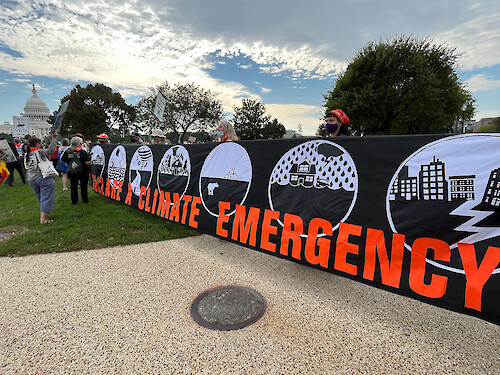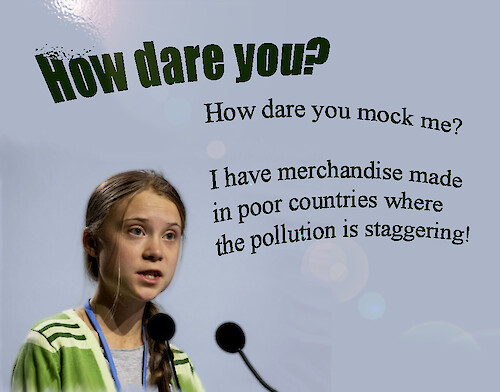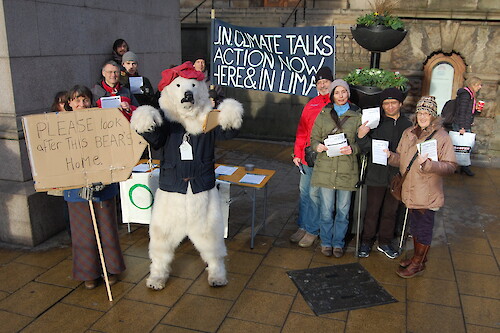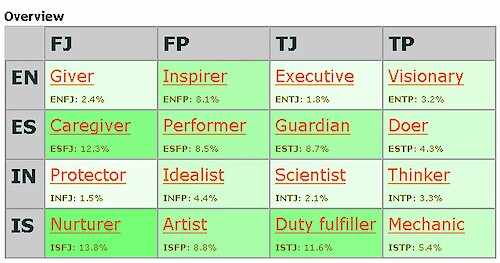How can YOU be a Better Scientific Advisor?
Meghna Mathews · 6 commentsAs scientists, we often think about the role we play in environmental management. But what about scientific advice? How do we provide effective scientific advice that allows for studying and solving environmental problems?
A science policy advisor is one that provides others with scientific information in order to support decision making and push for public policy implementation. Who are these decision makers? They are not only elected officials or business partners, but also the broader scientific community. Science is a systematic enterprise that gathers information, allowing us to predict, test, and explain a variety of issues. Last week, the Science for Environmental Management class discussed multiple science advising strategies, touching on the tools that were mentioned in the science advising module.
In Pastuer’s Quadrant model, there are two main dimensions; democratic decision-making and the role of science in society. In the first quadrant are the pure scientists, who follow a linear process by conducting research and publishing information. The next quadrant includes issue advocates, where organizations or specific issues are represented. Scientific arbiters are in the third quadrant, acting to arbitrators between conflicting perspectives. In the final quadrant are the honest brokers. This is where scientific advisors are challenged with issues, as they work outside of their comfort zone to work with others and investigate policy alternatives.
To be effective scientific advisors, we need the right tools. One of the key tools is communication skills. Why is science important? Who is impacted by the issue? What can be done about it? These questions, along with many others, are critical when it comes to science advising. To touch on the class discussion, communication and credibility are large factors in science advising as well. One example of a successful communicator is Greta Thunberg, who, on numerous occasions, emphasized the urgency of addressing the climate crisis. She says in one of her Ted Talks that we have the tools and information, we just need to act on it1.


Because science involves transdisciplinarity, a message box can be a great tool to communicate with other scientists and nonscientists. The message box involves multiple parts of an issue; the problem itself, the audience, what the audience should value from the issue, benefits, and potential solutions. To create solutions, we need to collaborate with stakeholders across different disciplines, which can sometimes be challenging, especially for science advisors when studying versus solving environmental issues. Scientists are often trained from a through their specialty’s perspective. In reality, environmental problems require interactions with multiple disciplines. It is also critical that the public is involved in decision making. How can we make decisions for the public if their perspectives are not heard? Perceptions from the public are just as critical in environmental management, as it informs decision making.

As the class discussed, personality traits can be useful in influencing science advising. Knowing one’s strengths and weaknesses can be used as tools in the decision making process2. In the context of decision making, personality, characteristics, and goals can influence policy making because passion, emotion, and critical thinking come into play3.

It is important for scientists to use information effectively. Coming from different research backgrounds and work experiences, I encourage all scientists to think about how you can use the tools you have obtained through your career to solve environmental issues.
Resources
- Şeker, M., Rüstamov, P., & Yalçın, F. (2013) The interaction between personality traits, emotional intelligence and environmentally sensitive management: A research on central Anatolian companies, International Association of Social Science Research DOI: 10.15527/ejre.201426297
- 16 Personalities (2024) I can change the world? How different personality types respond to environmental concerns, 16 Personalities https://www.16personalities.com/articles/i-can-change-the-world-how-different-personality-types-respond-to-environmental-concerns
- Thunberg, G. (2018) A disarming case to act right now on climate change [Video] TED Conferences https://www.ted.com/talks/greta_thunberg_the_disarming_case_to_act_right_now_on_climate_change?language=en
About the author
Meghna Mathews

Meghna Mathews is a graduate research assistant and a second year master’s student at the UMCES Appalachian Laboratory, working under Dr. Xin Zhang. Mathews is working on stakeholder engagement through a project aiming to understand stakeholder perspectives of nitrogen pollution and management strategies in the Chesapeake Bay. Additionally, she is researching food insecurity in Baltimore, Maryland and how urban agriculture can be used as a method to reduce the issue.
Next Post > CERF Conference in Portland Oregon
Comments
-
Antonia Zais 2 years ago
Great post, Meghna! I really liked how you tied in several aspects of our class discussions from the past two weeks. It's important to identify the strengths we bring to the table as well as the tools we have at our disposal to determine how we all can most effectively contribute to environmental management and sustainability.
-
Colin Vissering 2 years ago
Meghna - nicely written post that highlights some of the challenges (and joys) of translating our scientific knowledge and training into actionable communication to the public and other interested groups. While it is satisfying for us to really focus upon our technical and scientific interests, unless we are capable of sharing that knowledge and improving society, much of the time and effort we spend on issues might be lost to the depths of research and technical paper files!
-
Kayla 2 years ago
Another interesting thing that might be worth including in training future science advisors, especially those who work with stakeholders, is considering people's leadership styles. As someone works with leaders of other groups, it may be important to determine how your leadership style works with others'.
-
Samantha 2 years ago
Very nice post. I agree scientist and other interested group should come in with diverse back grounds. Communication and leadership is what we need more of and the more diversity we have the better it will be to identify issues and solve them.
-
Gage Jacobs 2 years ago
Great post. I like the idea of using personality type data to better understand how each person would contribute in science advising - I think there is a lot of use for that in the future.
-
Joy Amadi 2 years ago
Great post, Meghna! Communication is a great skill for becoming an impactful scientist. When this is missing, the purpose of the research carried out, becomes irrelevant to society.